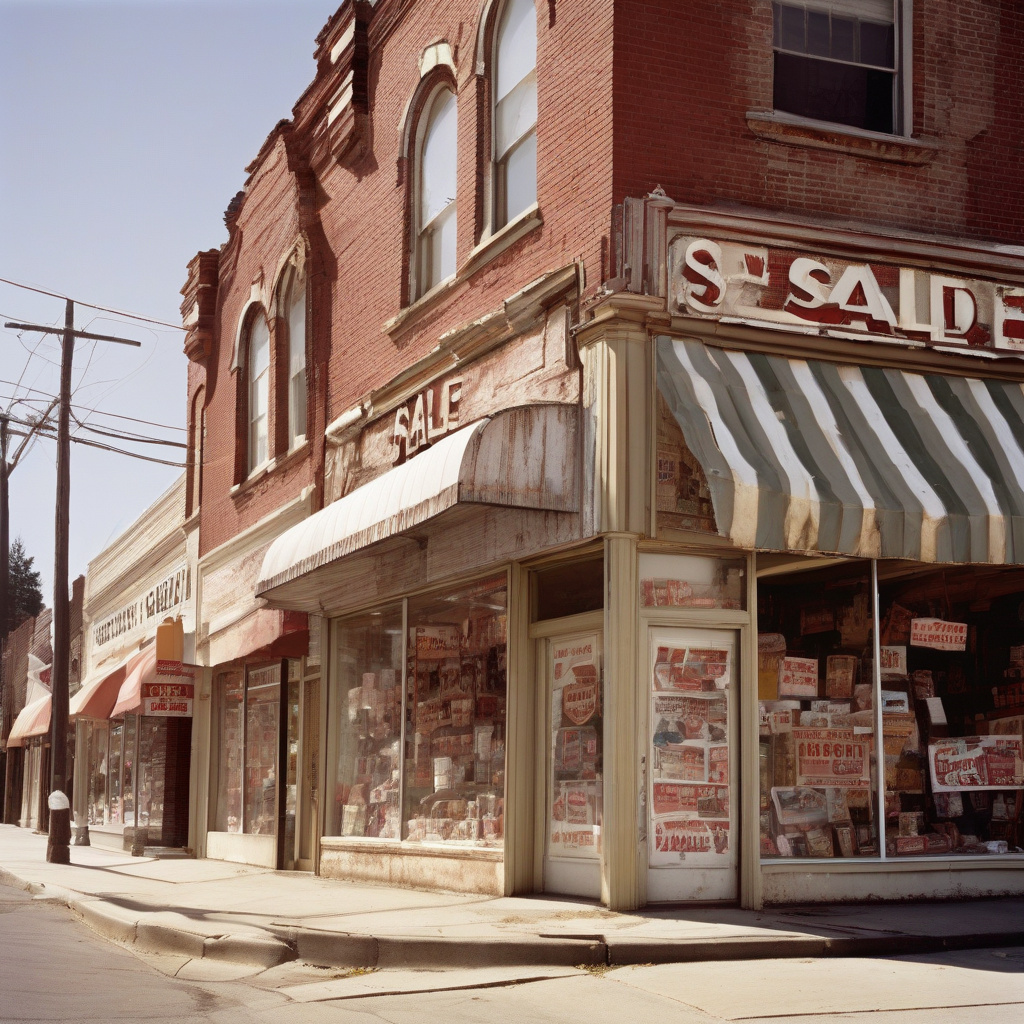Retailers Pummelled by Trump’s Trade War Entertain More ‘Take-Private’ Offers
President Trump’s trade war policies have sent shockwaves through the global economy, leaving no industry untouched. In particular, publicly traded retailers have found themselves in the crosshairs of this economic turmoil, grappling with the impact of tariffs and market volatility. As a result, many of these retailers are now exploring alternative strategies to weather the storm, with an increasing number of them considering offers to sell to private equity firms in a bid to secure their futures.
The escalating trade tensions between the United States and key trading partners such as China have created a challenging business environment for retailers. The imposition of tariffs on a wide range of consumer goods has led to higher costs for retailers, squeezing their profit margins and eroding investor confidence. Furthermore, the uncertainty surrounding the trade negotiations has contributed to market volatility, making it difficult for retailers to predict and plan for the future.
In response to these challenges, some retailers are turning to private equity as a lifeline. By going private, companies can escape the scrutiny of public markets and focus on long-term growth strategies without the pressure of delivering quarterly results to shareholders. Private equity firms, on the other hand, see an opportunity to acquire undervalued assets and implement operational improvements away from the public eye.
One recent example of this trend is the proposed take-private deal of a major retail chain that has been struggling in the face of the trade war. The retailer, facing declining sales and mounting pressure from tariffs, received a buyout offer from a private equity firm looking to revamp its operations and position it for future success. While the deal is still pending regulatory approval, it underscores the growing interest among retailers in exploring alternative ownership structures.
The decision to go private is not one that retailers take lightly. Going private involves significant changes to the company’s ownership and governance structure, as well as potential operational and cultural shifts. However, for some retailers, the benefits of escaping the short-term pressures of public markets may outweigh the challenges of transitioning to private ownership.
Moreover, the current economic landscape is pushing retailers to think outside the box and consider all available options to ensure their survival and prosperity. By entertaining take-private offers, retailers are demonstrating their willingness to adapt to changing market conditions and explore new paths to sustainable growth.
As the trade war and market volatility continue to impact retailers, it is likely that more companies will follow suit and explore take-private deals as a strategic response to these challenges. While the future remains uncertain, one thing is clear – retailers are facing unprecedented pressures that require bold and decisive actions to navigate successfully in these turbulent times.
In conclusion, the increasing interest in take-private offers among retailers highlights the profound impact of President Trump’s trade war and market volatility on the industry. By considering alternative ownership structures, retailers are positioning themselves for long-term resilience and growth in the face of uncertainty.
trade war, retailers, private equity, market volatility, take-private offers












